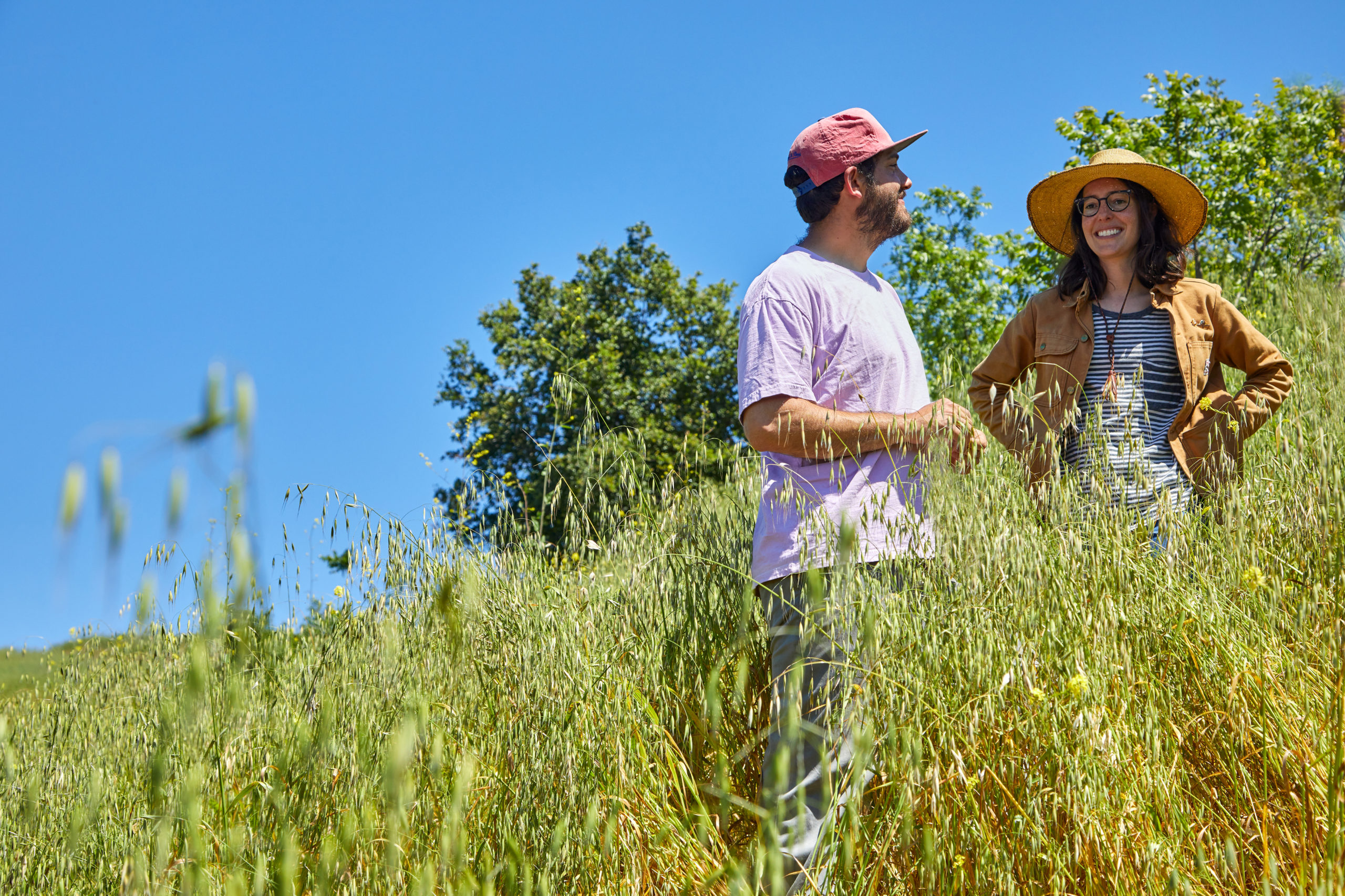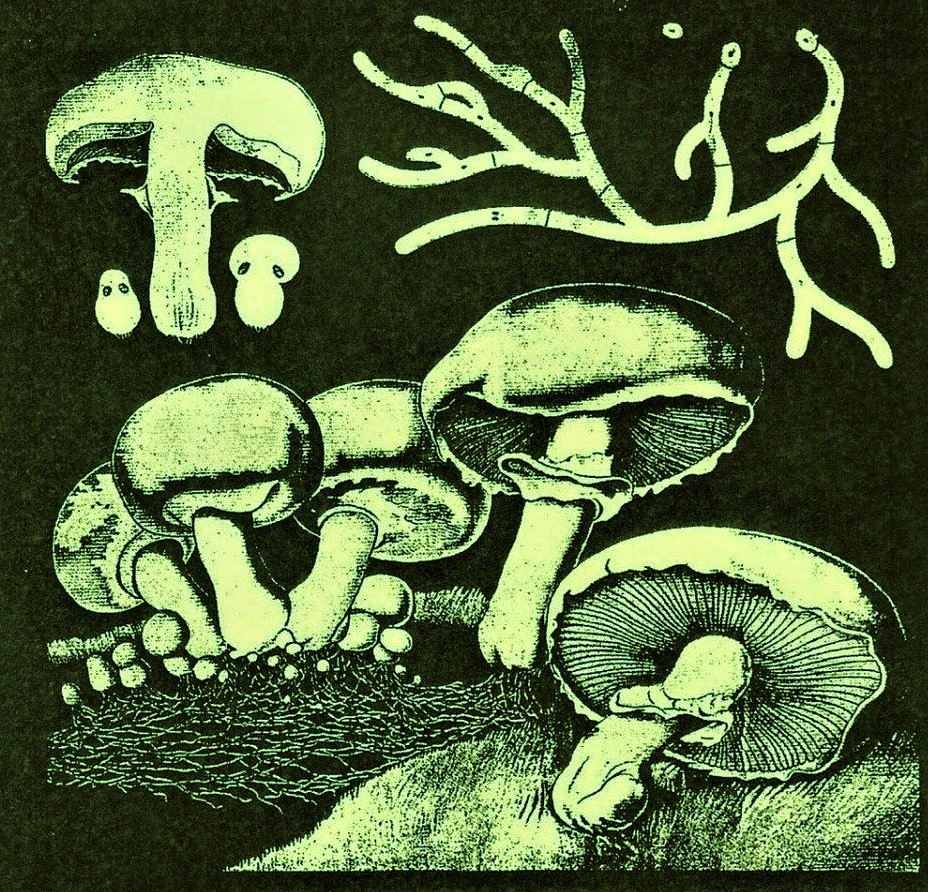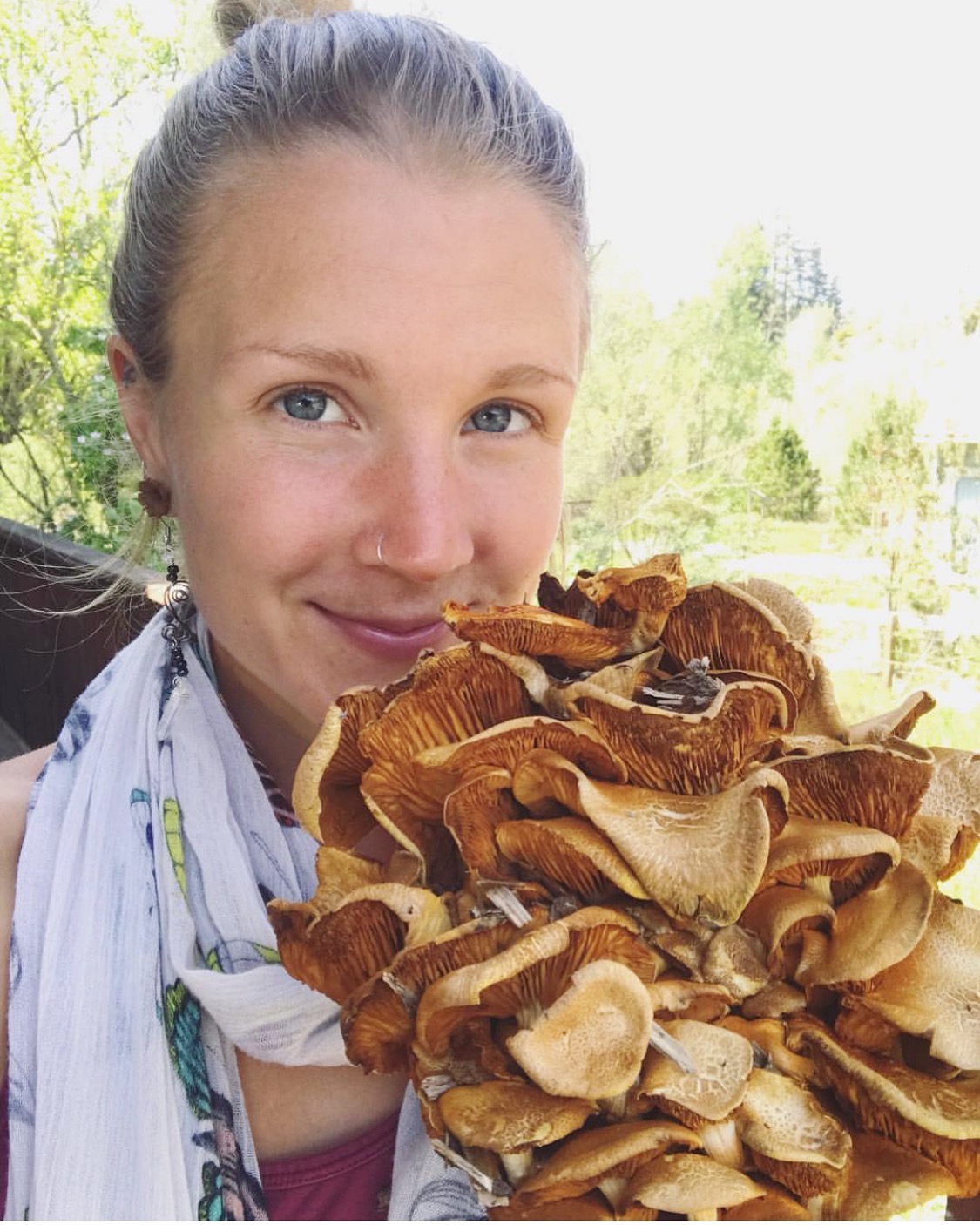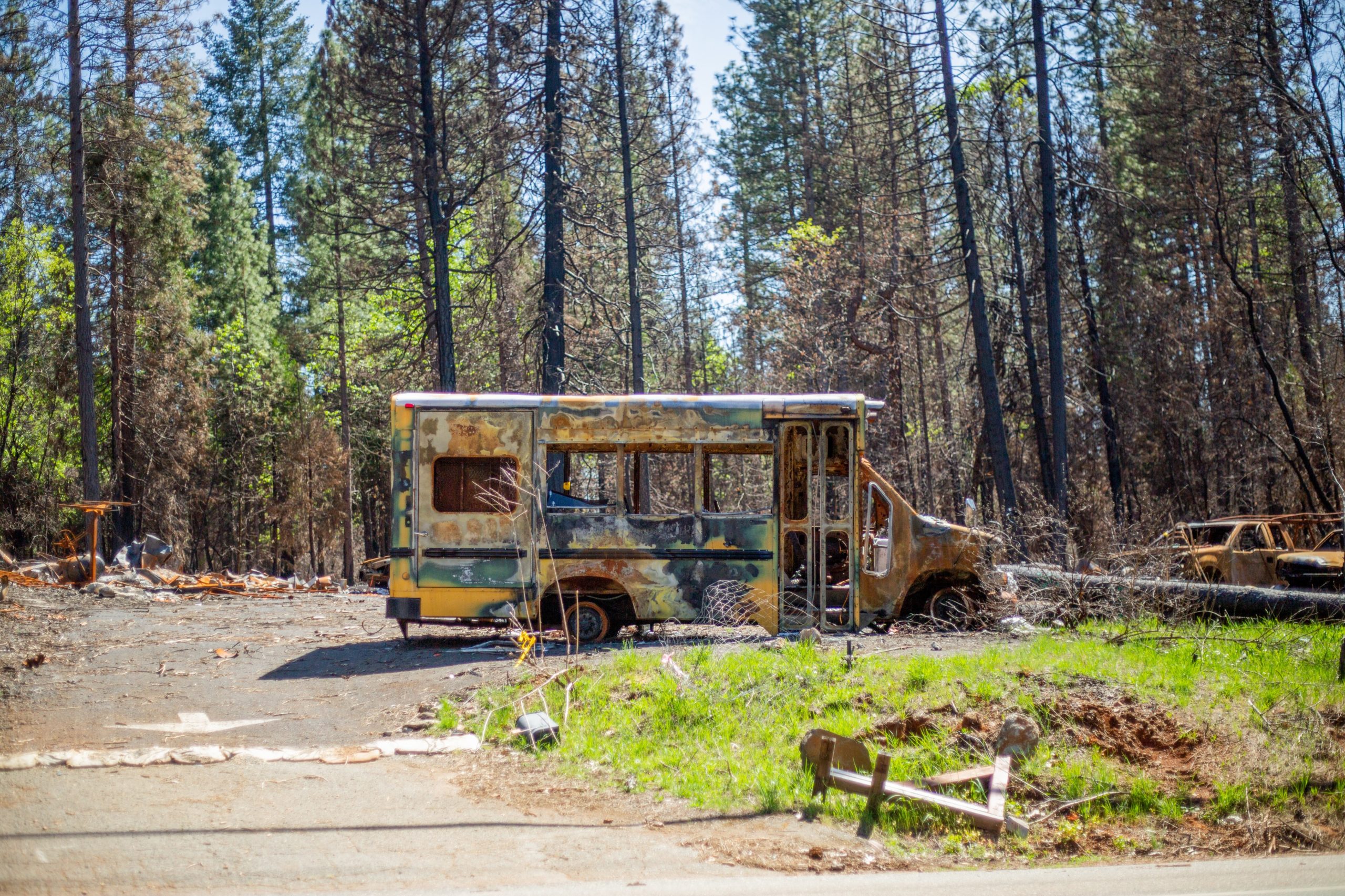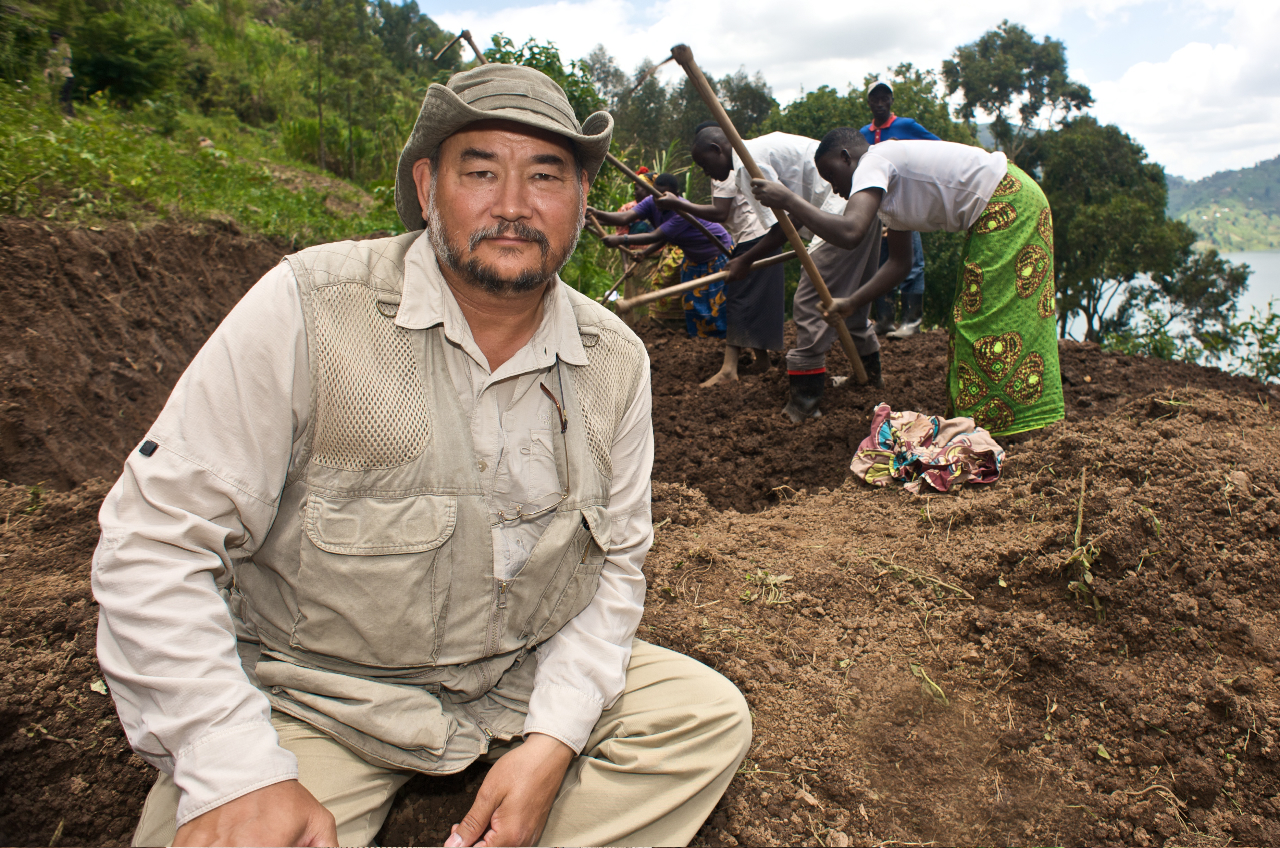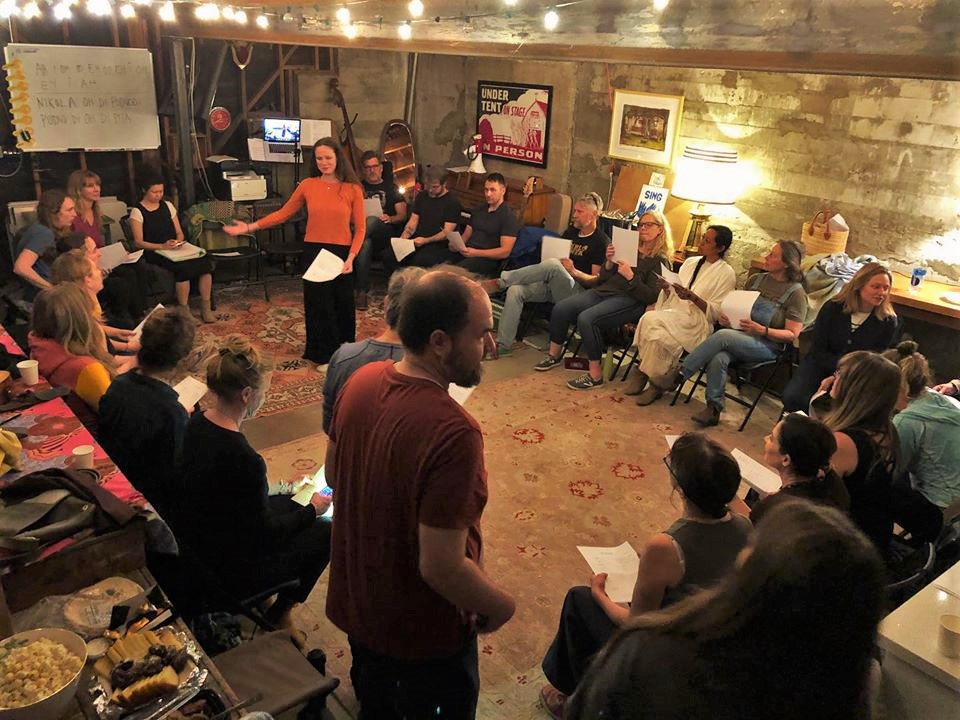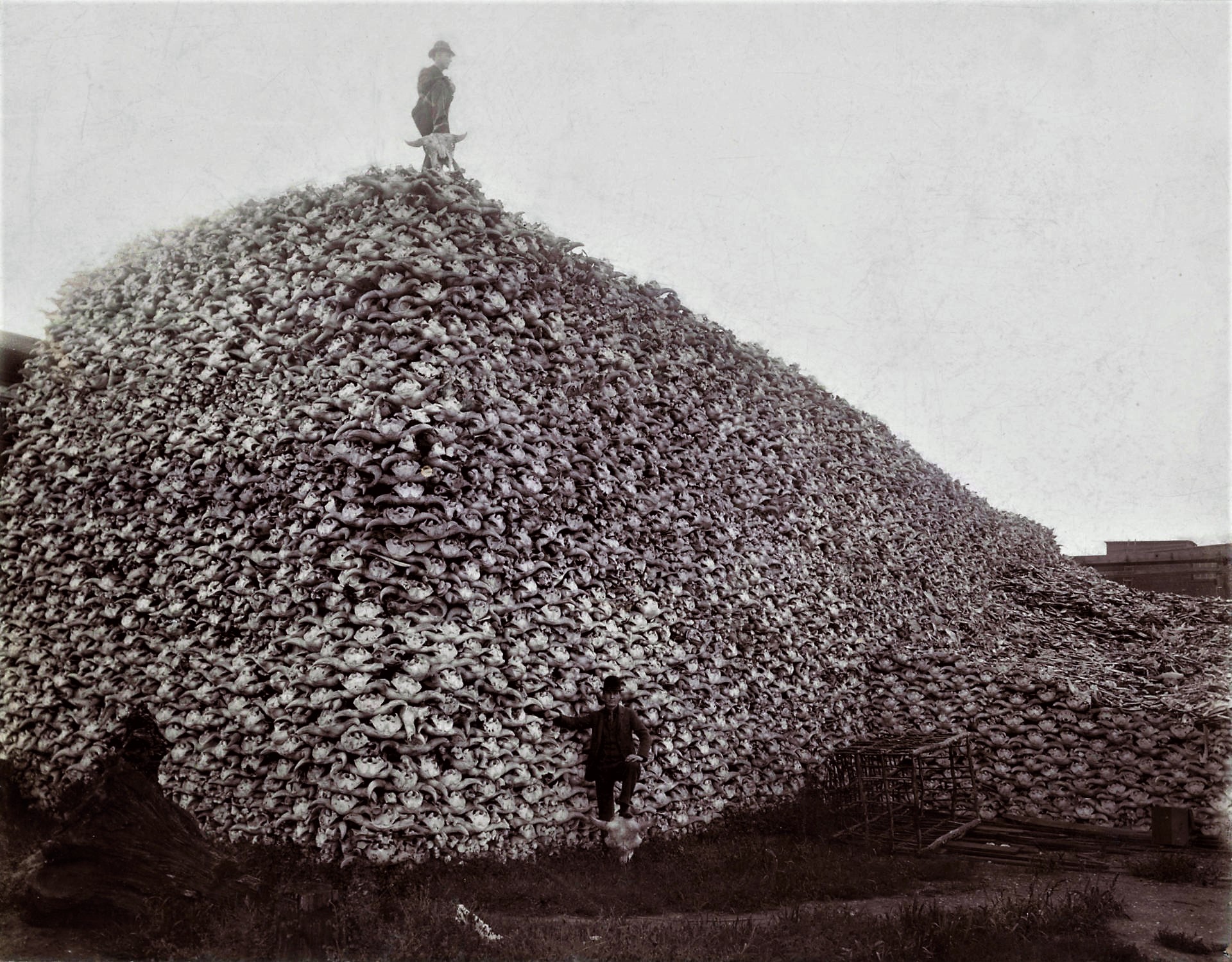Avenue 33 Farm is reestablishing Indigenous farming methods to an urban Los Angeles hillside using permaculture and regenerative principles. Listen to the interview on EcoJustice Radio.
Tag: Permaculture
Radical Mycology: The Future is Fungi with Peter McCoy
EcoJustice Radio speaks with Peter McCoy, Founder of Mycologos, the world’s first mycology school, and Founder and Creative Director of Radical Mycology, a mushroom and fungi advocacy foundation. He and host Carry Kim discuss the grassroots movement and social philosophy behind using regenerative natural mushroom farming to promote ecological restoration and create food and medicines.
After the Burn: The Benefits of Bioremediation with Taylor Bright
Listen to applied mycologist, educator, and ecosystem restoration practitioner Taylor Bright, speak with Carry Kim from EcoJustice Radio in detail about post-fire remediation and regeneration, particularly mycoremediation, where fungi-based technology is used to decontaminate the environment and heal the water and soil.
Permaculture Lessons From Fire: Restoring Paradise with Matthew Trumm
Hear Permaculture Designer/Educator & consultant Matthew Trumm of Treetop Permaculture discuss lessons learned during the Camp Fire which burned through the town of Paradise, California, in November 2018. At the time, it was the most devastating wildfire in California history, burning 240 square miles in its wake.
Ecosystem Restoration: “The Great Work of Our Time” with John D. Liu
Ecosystem Restoration Camps, part of John D. Liu’s “Great Work of Our Time,” are a methodology to regenerate degraded lands on a planetary scale. Carry Kim speaks with John, Ecosystem Ambassador and Founder and Advisory Council Chair of the Ecosystem Restoration Camps Foundation.
The BirdHouse: Reconnecting People & Place through Arts & Ecology
On this episode of EcoJustice Radio, we visit with the members of an inspiring community garden and culture-space called The BirdHouse, in Hollywood, CA.
Ecological Amnesia: Life Without Wild Things
We have forgotten the flocks of passenger pigeons that blotted out the sun, the herds of bison that shook the ground, and the untamed places in which we destroyed them. This is ecological amnesia. This capacity to forget, this fluidity of memory, has dire implications in a world dense with people, all desperate to satisfy their immediate material needs. Yet, the way forward is land and water protection and regeneration, permaculture, and community reconnection with the wild.

